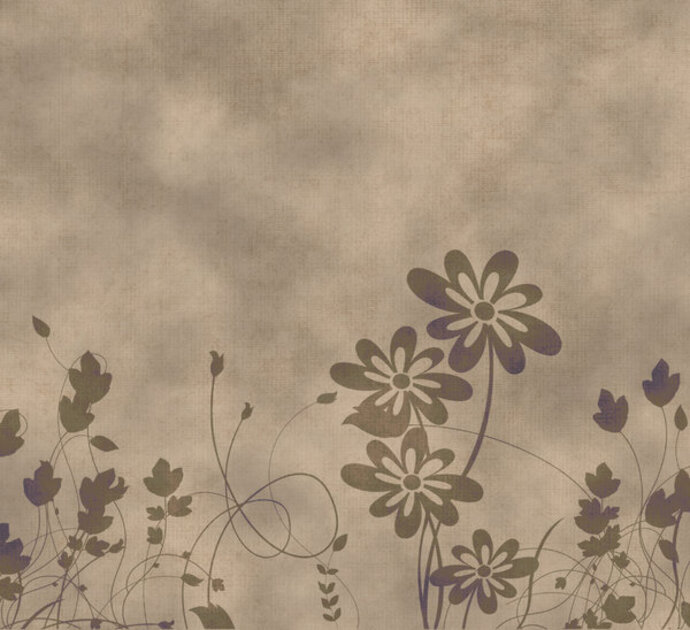
Our Gemara on Amud Beis quotes a verse from Tehilim (37:21):
ОюОЋОћ ОеОЕОб ОЋОюОљ ОЎОЕОюОЮ ОЋОдОЊОЎОД ОЌОЋОаОЪ ОЋОаОЋОфОЪ
The wicked man borrows and does not repay, the righteous is generous and keeps giving.
The mystical interpretation of this verse is that God is the lender, the one who gives us our soul for safekeeping. The wicked person in the verse is a person in the act of committing a sin. God is being gracious and loaning him life and vitality all while he is borrowing in an evil manner, taking things from the world without giving them back by using them for their intended divine purpose, such as mitzvos (see Chasam Sofer Metzora, 23.)
As the recent dappim have focused on the legalities of how ownership is established and determined over various objects, we have also been studying the metaphysical dimensions in a parallel fashion. What does it mean to own something? What happens spiritually when something is possessed by somebody? What changes within the object, and the person, when ownership is transferred? We have begun to see the way in which a spiritual person who is connected to God can experience every interaction and every possession as meaningful and related in a personal manner. In a similar fashion we saw in the recent blog post for Bava Basra 43, even the thief while in the act of burglary can also be attached to God, ironically, asking for assistance.
There is a romantic myth of the “noble savage“. The oppressed industrialized man of the modern world, stifled from the pollution and the tall buildings. He imagines a brave native person riding a horse, looking at the sunset, and feeling at peace and connected with the land around him. Perhaps this has basis and that there were human beings whose civilization was built less by conquering nature and more by interacting with it. On the other hand, could it be just wishful thinking and backwards projection. Who knows? Did ancient tribes use every technology they had to exploit the land and hunt with the same reckless disregard as modern man? Perhaps only the limits of their technology didn’t allow them to reach the level of efficiency to fully loot their natural resources, as we have done during certain parts of the 20th century. Still, their attitude may have been the same as ours and they would’ve used up whatever they could. I don’t know, but the myth of man being in harmony with nature is appealing. Regardless of the historical and anthropological truths and distortions, I think that this idea is being expressed in the ethos of the mystical teachings we have been exploring in these last dappim regarding ownership. There is a conviction that everything in life that comes to a person is a part of the person's experience and a way of interacting and experiencing God through the world that he presides over.
Translations Courtesy of Sefaria, except when, sometimes, I disagree with the translation ![]()
If you liked this, you might enjoy my Relationship Communications Guide. Click on the link above.
Rabbi Simcha Feuerman, Rabbi Simcha Feuerman, LCSW-R, DHL is a psychotherapist who works with high conflict couples and families. He can be reached via email at simchafeuerman@gmail.com
 Previous
Previous

